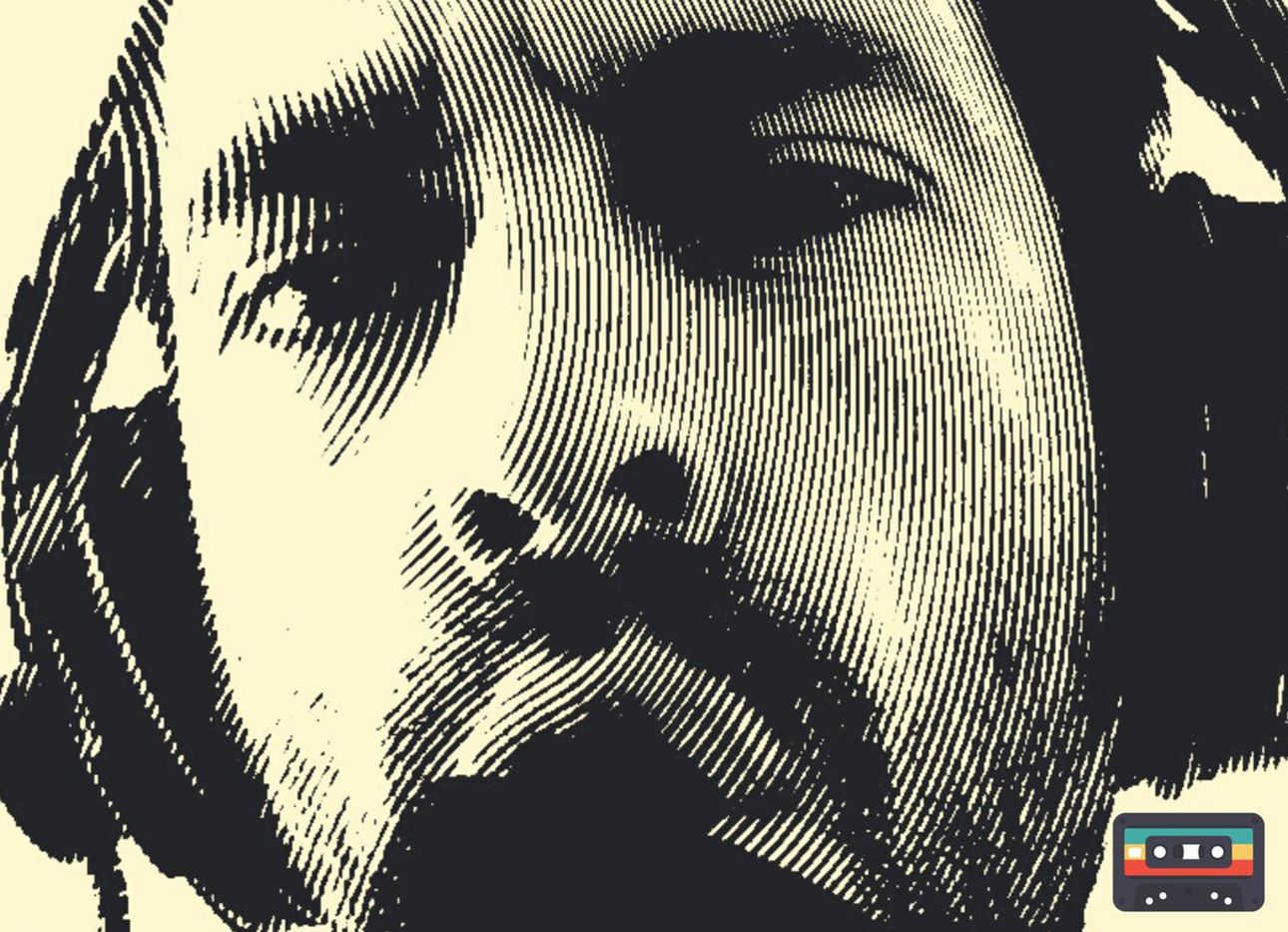
A Musician Who Immortalizes Luminaries Through Songs on His Podcast
British musician Jack Stafford likens his Podsongs podcast to the end credits of a movie, when the title song plays and keeps audiences in their seats, embodying the spirit of the story they’ve just taken in. On each episode, from his home studio in Italy, he interviews someone he admires—scientists, activists, justice-seekers, health experts, and other luminaries—and uses the conversation to inspire a new song, which Stafford writes (off-mic, with musicians Maurizio Sarnicola, Massimino Voza, and Luigi Falcione) and plays at the end of the show. So far, he’s released around 60 episodes with corresponding tracks that serve as artful, often clever conclusions. The chorus to sleep doctor Michael Breus’s song, for example—“What’s your chronotype, baby?”—stems from a quiz Breus recommends to help determine one’s ideal snooze time; a line in a tune written for game designer Reed Berkowitz, who reflects on the similarities between gaming mechanisms and QAnon, goes, “The longer you play / The greater your role / The further we all go / Down the white rabbit hole.” Each thought-provoking send-off varies widely in style, and accumulates on a public playlist. “When I listen to other podcasts now, and there’s no song at the end, there’s this huge letdown,” Stafford says. “This is basically a podcast with benefits.”
When Stafford began recording Podsongs last summer, he was an under-the-radar singer-songwriter who’d spent years touring the world by bicycle with his guitar, playing shows in people’s homes. But when the pandemic set in, he longed for a new way to connect with people over song, and got the podcast into gear. The tunes cascade out of him. In this year alone, he’s recorded more than 100 original tracks. “The melody is easy—it usually comes to me straight after the interview,” Stafford says. “I try to look for the through-line in someone’s work.” Whether funny, cynical, political, or heartfelt, writing personalized songs, Stafford believes, could catch on among musicians as a new form of expression and revenue, particularly as streaming services continue to offer artists scant compensation. “It’s like being a portrait painter,” he says. “This could be a whole new genre.”